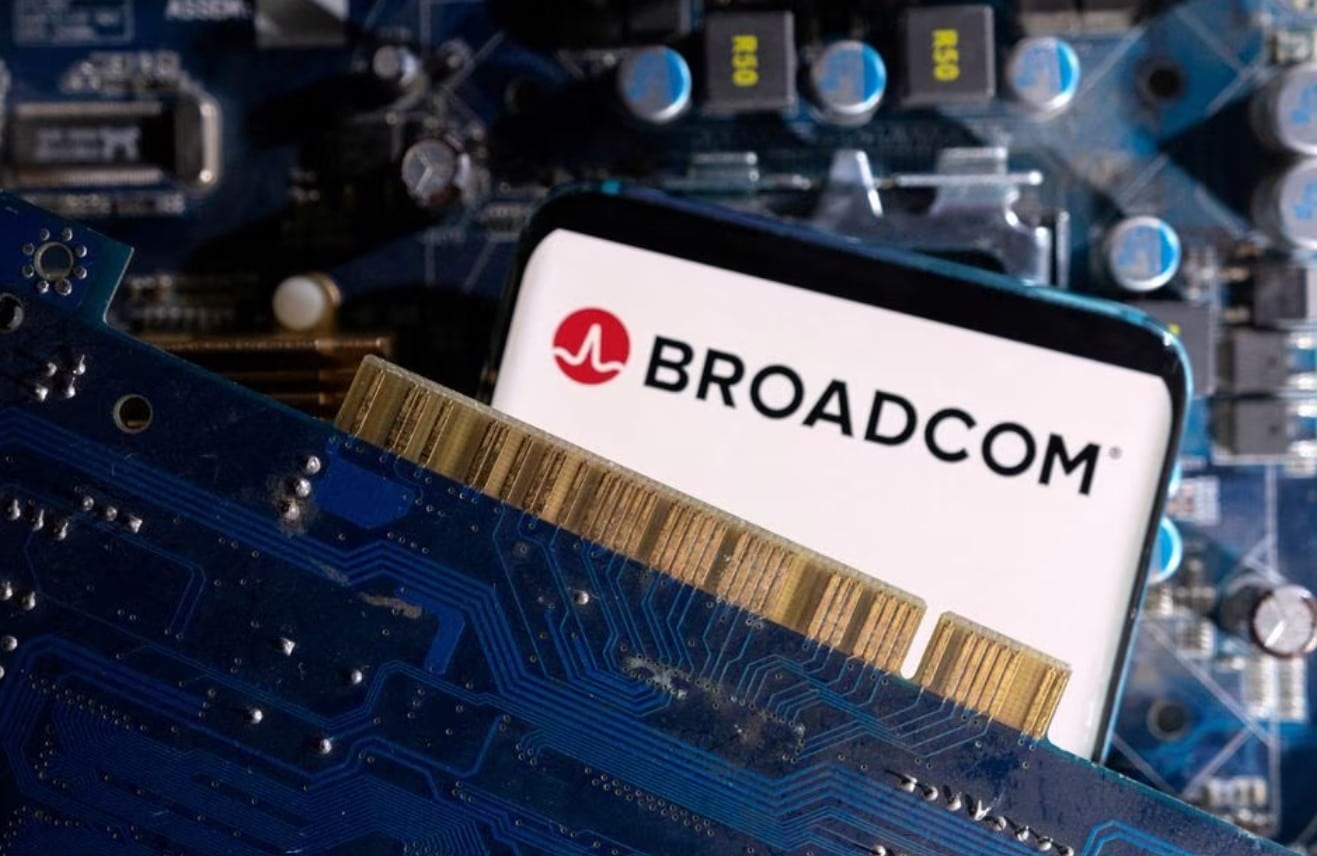Broadcom (AVGO.O) tumbled 6 per cent on Thursday after The Information reported Google executives had discussed dropping the company as a supplier of artificial intelligence chips as early as 2027.
Alphabet-owned (GOOGL.O) Google will design the chips – called tensor processing units – in-house if it goes ahead with the plan, potentially saving the tech giant billions of dollars in costs annually, the report said citing a source.
Google has been ramping up chip investments this year as it plays catch-up with Microsoft (MSFT.O) for domination of the booming market for generative AI applications such as ChatGPT.
The report said Google’s deliberations follow a standoff between the company and Broadcom over the price of the TPU chips.
Google has also been working to replace Broadcom with Marvell Technology (MRVL.O) as the supplier for chips that connect servers to ethernet switches in its data centers, it added.
Broadcom, Google and Marvell did not immediately respond to Reuters’ requests for comment.
Marvell’s shares rose more than 3 per cent in premarket trading, while Broadcom was trading down at $777 in a broadly weaker market.
Broadcom is seen as the second-biggest winner from the generative AI boom after Nvidia (NVDA.O). CEO Hock Tan had predicted in June the technology could account for more than a quarter of the company’s semiconductor revenue next year.
In May, J.P. Morgan analysts estimated Broadcom could get $3 billion in revenue from Google this year after a “recent order acceleration” by the company for its TPU processors.
Google co-designs its AI chips with Broadcom and tech giant has already lined up the semiconductor firm for its sixth generation processor, the analysts said. They added Broadcom also works with Meta Platforms (META.O) on the social media giant’s custom chips.
Big technology companies from Microsoft to Amazon.com (AMZN.O) have in recent years rushed to develop custom chips that help them save on costs and are suited to their specific workloads.
That push has accelerated this year after prices surged for Nvidia’s H100, the chip that powers most generative AI apps, to nearly double its original cost of $20,000.







Click here to change your cookie preferences